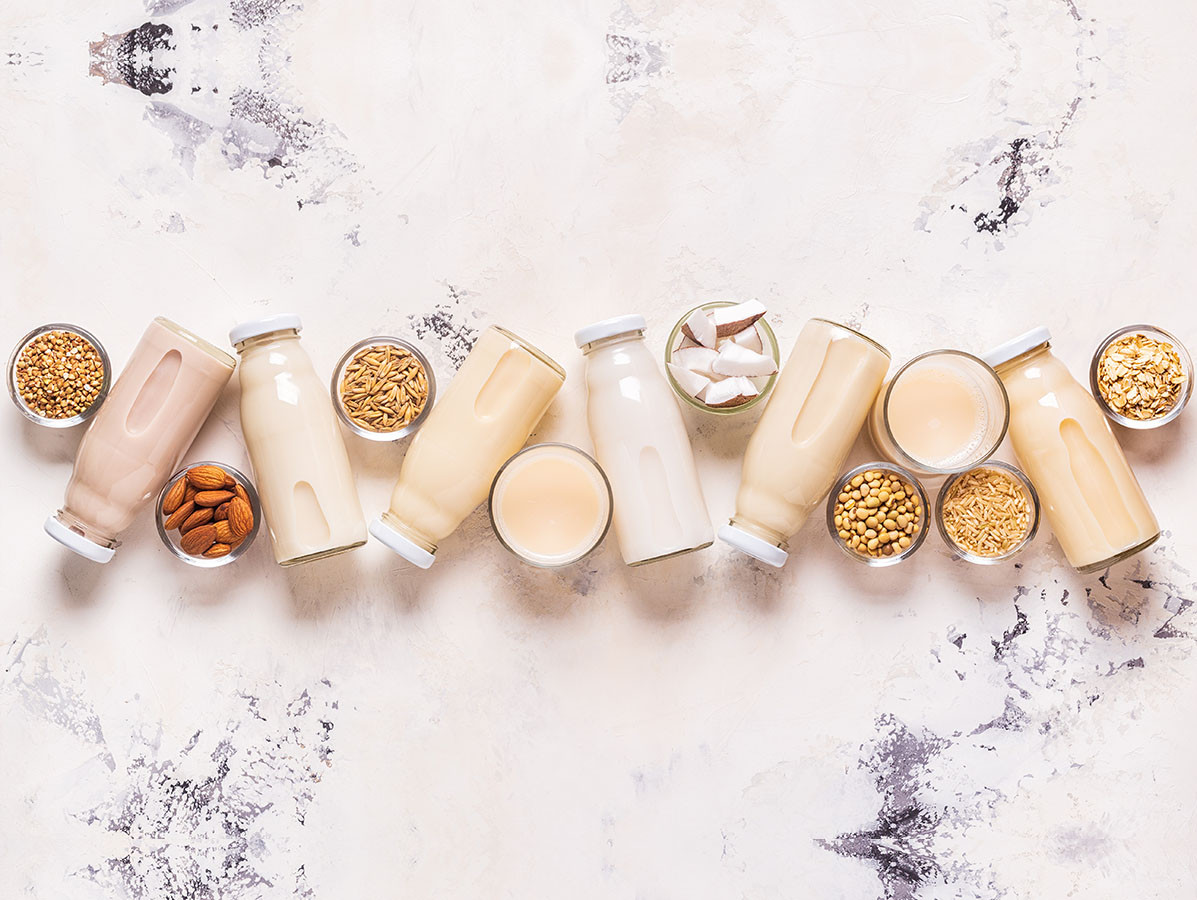
As of 1 January 2024, the consumption tax on non-alcoholic beverages will increase by €17.30 to €26.13 per 100 litres. Besides generating more tax revenue, with this rise the government wants to encourage healthy choices and discourage unhealthy ones. As a result, mineral water will be exempted from consumption tax from the same date.
The cabinet has also announced a study into the possibility of adjusting the consumption tax in such a way as to reduce the consumption of sugar through soft drinks. The results of this study are expected in the first half of 2023.
Animal dairy drinks are currently exempted from the consumption tax on non-alcoholic beverages because they are considered a basic necessity of life. Plant-based milk drinks such as rice drinks, oat and almond drinks, however, will be taxed with the consumption tax increase. Unsweetened animal dairy drinks with a low saturated fat content fall within the Five basic food grups because of the health benefits and good nutrients they contain. Dairy is an important source of protein, calcium, vitamin B2 and B12, among others.
Several plant-based dairy alternatives exist, but their nutritional composition differs from that of animal dairy drinks. The (long-term) health effects of plant-based dairy alternatives have not been sufficiently researched to date. If they contain enough protein and have adequate calcium and vitamin B12 added, plant-based alternatives do provide important nutrients. An unsweetened soy drink with added calcium and vitamin B12 falls within the Five basic food groups. According to the Nutrition Centre, only soy and pea drinks currently meet the protein content requirements to be a substitute for an animal dairy drink. In practice, other plant-based alternatives contain too little protein.
Read the letter 'Answers to Parliamentary questions on the message 'Oat milk more expensive due to lemonade tax'
Source: Rijksoverheid